The ruling elite in Zimbabwe has all the time tried to silence opposing political voices and erase histories it doesn’t want to have aired. Though “democratic” elections have been held since 1980, the nation has change into what the scholar Eldred Masunungure calls a state of “militarised, electoral authoritarianism”.
As Zimbabwe heads to the polls once more in 2023, it’s price contemplating the function that writers have performed in engendering political resistance. Their voices have been necessary in difficult oppression, exposing social injustices and advocating for political change.
The liberation wrestle
Literature was very important for elevating consciousness in regards to the harshness of colonial rule. It was used to mobilise resistance towards the white minority regime and garner worldwide assist for the liberation wrestle.
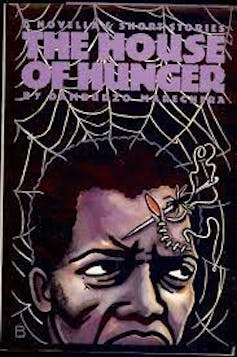
Heinemann African Writers Sequence
Texts like Ndabaningi Sithole’s foundational 1955 novel Umvekela wamaNdebele (The Revolution of the Ndebele) and Dambudzo Marechera’s 1978 magnum opus The Home of Starvation have been instrumental. Many others like Charles Mungoshi, Tsitsi Dangarembga and Chenjerai Hove produced texts that inspired resistance towards colonial rule.
These works showcased the resilience of Zimbabweans within the face of adversity, inspiring the inhabitants to proceed their combat for freedom.
Independence
Since independence in Zimbabwe, there has remained little area for dissenting voices – first underneath the management of Robert Mugabe after which Emmerson Mnangagwa.
The Gukurahundi genocide, which novelist Novuyo Rosa Tshuma referred to as the nation’s “unique sin”, marked the primary occasion wherein the state quashed opposing voices. Between 1982 and 1987, the federal government despatched a North Korean-trained brigade to quell dissenters within the provinces of Matabeleland and the Midlands. An estimated 20,000 civilians have been killed.
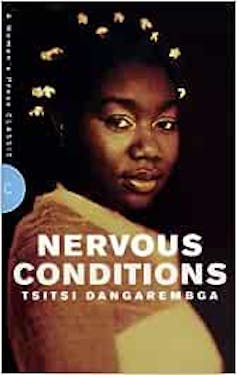
The Ladies’s Press
Apparently, regardless of the shrinking of the civic and political area in Zimbabwe, literary manufacturing has thrived in offering political resistance.
My analysis as a scholar of African literature has demonstrated that literature in Zimbabwe has highlighted numerous types of state sponsored violence. Via their works, writers have raised consciousness, sparked dialogue, and impressed readers to interact in opposition and activism.
The turbulent ‘misplaced decade’ (2000-2010)
From round 2000, Zimbabwe skilled financial meltdown, coupled with an elevated shrinking of the civic area. The rise of a formidable opposition, the Motion for Democratic Change, in 1999 was met with violence by the state.
This era additionally noticed a flourishing in literary manufacturing. Contemporary voices emerged, amongst them Brian Chikwava, NoViolet Bulawayo, Petina Gappah, John Eppel, Christopher Mlalazi and Lawrence Hoba.
Literature from this era captured the socioeconomic realities of the nation. Gappah’s debut assortment of brief tales in 2009, An Elegy for Easterly, depicts the feelings skilled by Zimbabweans within the face of numerous challenges. Some characters categorical disillusionment and despair, whereas others preserve optimism and resilience, representing a fancy actuality.
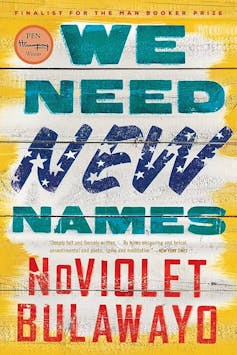
Random Home
Bulawayo’s award-winning 2013 novel We Want New Names depicts the political state of affairs by way of the angle of its teenage protagonist, Darling. The story delves into the consequences of political turmoil, financial challenges and societal modifications on common lives. Her 2022 novel Glory parodies a dictatorship, protesting the irrationality of a police state.
White Zimbabwean writers have additionally criticised autocracy in books like Catherine Buckle’s African Tears: The Zimbabwe Land Invasions (2000) and Graham Lang’s Place of Delivery (2006).
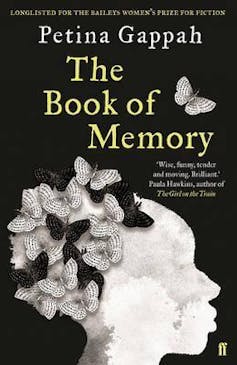
Faber and Faber
These novels painting the emotional results of the Quick Monitor Land Reform Programme on many white Zimbabweans, who discovered themselves dispossessed of their farms and their sources of revenue.
Writers from the 2000s have provided multifaceted portrayals, highlighting the interconnectedness of non-public lives and political realities. The tales illuminate the human price of political selections and the resilience of bizarre folks within the face of hardships.
Literature within the Second Republic
Literature after the demise of Mugabe and his four-decade regime – a interval known as the Second Republic – has continued to grapple with Zimbabwe’s prevailing sociopolitical surroundings. Within the e book The Zimbabwean Disaster after Mugabe, my colleagues and I contend that immediately’s Zimbabwe is just like the Mugabe years in some ways.
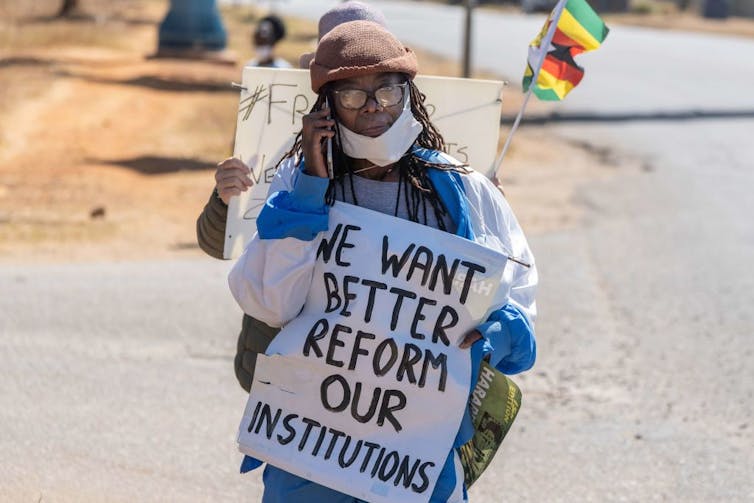
Zinyange Autony/AFP/Getty Photos
Batsirai Chigama’s assortment of poems Collect the Kids captures the vicissitudes of latest life in Zimbabwe. In his evaluation of this assortment, literary scholar Tinashe Mushakavanhu explains:
Zimbabwe’s political disaster has been a unique form of disaster, one which has occurred in sluggish movement: its mechanisms summary and impersonal, though the financial, bodily, and psychological penalties have been very actual and devastating. These strictures insinuate themselves into the atmosphere of on a regular basis life and language, one thing that Chigama observes with cautious consideration.
In her poem Zimbabwe, Chigama writes:
Like consuming olives
we have now acquired the style of discomfort
over the longest time
it has gently settled on our tongues
Her poems spotlight how Zimbabweans have normalised the irregular.
Different writers from the post-Mugabe interval like Panashe Chigumadzi and Novuyo Rosa Tshuma grapple with comparable points and themes. Author and tutorial Siphiwe Ndlovu explains that in up to date Zimbabwean fiction
there may be anger, outrage, disappointment, disillusionment, hope (and the lack of it), however most significantly, there’s a name for reckoning and alter that the politics of the nation have did not efficiently deal with.
The facility (and limits) of literature
Regardless of its energy, studying stays a luxurious that many Zimbabweans can not afford. Books are extraordinarily costly and few folks have disposable revenue to learn for pleasure.
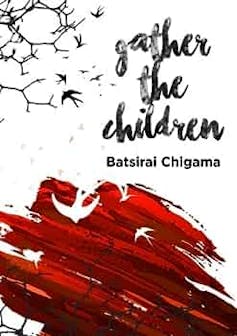
Ntombekhaya Poetry
It’s because of this that, since independence, the state has not banned the various novels that are essential of the state of affairs within the nation. Author Stanley Nyamfukudza explains: “It has been urged that the most effective methods to cover info in Zimbabwe is to publish it in a e book.”
Literature can obtain better results if there’s a strong tradition of essential pondering and studying.
Nonetheless, regardless of the continued oppression and the dearth of a sturdy studying tradition, Zimbabwean writers have been unrelenting in telling the world what is admittedly taking place in Zimbabwe. They’ve all the time spoken fact to energy.




